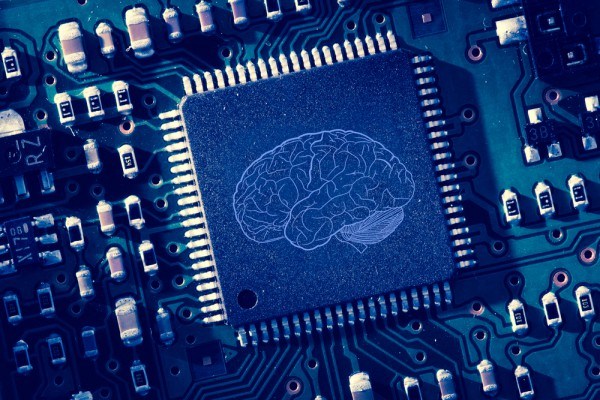Neuralink : Elon Musk Finally Talks About his Secretive Company’s Brain Control Interface
Elon Musk, the Tesla and SpaceX founder, is always up to something next level. He has been involved in some really big and unique projects, like an online bank, an electric car, a reusable rocket, etc. The CEO of one of the biggest tech giants also owns the secretive experimental company ‘Neuralinks’. Tuesday evening during an event in San Francisco, Musk gave a presentation on the projects that this company has been working on for the past two years.
The company was founded in 2017, and it mainly works on developing the data transmission system between humans and computers. On Tuesday, CEO Musk, on the behalf of Neuralink, introduced devices that can be implanted to a human brain, so that they can operate devices like computer and smartphones through their thoughts.
Musk explained that there will be threads thinner than a normal human hair, which will be connected with a processor inside the human brain. This processor will make the person able to operate various electronic devices through a Bluetooth connection.

During the presentation, the company demonstrated a computer receiving information from a rats mind. And, in future, the company seeks to get permission from the U.S. Food and Drug Administration to start clinical trials on the human brains. If the company gets the approval, it will start the experiments by the end of the first half of the next year.
According to Musk, Neuralink is experimenting with such devices so that the paralysed people will be able to control through their mind, but with lesser damage made to their neural system than the other already available devices do.
The process of inserting the processor into a paralysed human’s brain will include drilling four 8mm holes into the patient’s skull and then implant the processor connected to 4 to 6 μm thin polymer threads. This will help them operate various devices only through their thoughts. The company intends to use a laser beam to get through the skull in future.
“We will painlessly laser-drill the holes into the skull, place the threads, plug the hole with the sensor, and then you go home. It’ll be an experience like getting Lasik,” said President Max Hodak.
According to a report by the New York Times, the company will be carrying out the early experiments with the neuroscientists at Stanford University.
“It’s not going to be suddenly Nueuralink will have this neural lace and start taking over people’s brains. Ultimately, the company wants to achieve a symbiosis with artificial intelligence. And that, even in benign scenario humans would be left behind.” said Elon Musk during the presentation.
Earlier in 2006, the scientists from the Brown University developed a similar system named BrainGate that enabled a paralysed person Matthew Nagle play Pong using only his mind. But, this was a way stiffer technology and is prone to cause more damage to the human brain.
But the technology used by Neuralink is more flexible. The company has also developed a robot who will insert those threads into the human brain that too six threads per minute.

Yashica is a Software Engineer turned Content Writer, who loves to write on social causes and expertise in writing technical stuff. She loves to watch movies and explore new places. She believes that you need to live once before you die. So experimenting with her life and career choices, she is trying to live her life to the fullest.
